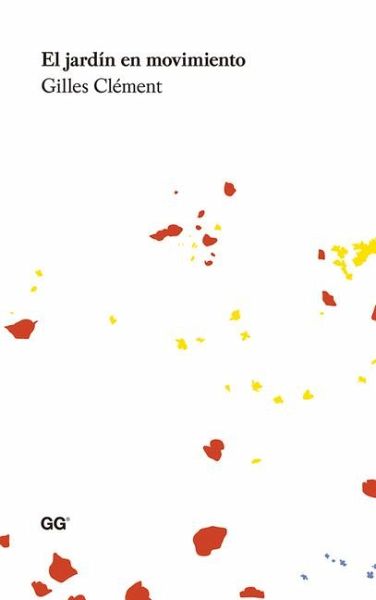Nicht lieferbar

El Jardín En Movimiento
Versandkostenfrei!
Nicht lieferbar
Encuadernación: Rústica La historia del jardín ha estado tradicionalmente marcada por un discurso basado en el orden visual y el control que ejerce el hombre sobre las especies vegetales. En este célebre ensayo, Gilles Clément se aleja de forma radical de este enfoque y aporta una de las reflexiones contemporáneas sobre el paisaje y los jardines más interesantes de la disciplina. El jardín en movimiento sostiene que los jardines y el paisaje no son espacios estáticos que deben controlarse, sino lugares donde la naturaleza debe seguir su curso, donde las especies vegetales deben instal...
Encuadernación: Rústica La historia del jardín ha estado tradicionalmente marcada por un discurso basado en el orden visual y el control que ejerce el hombre sobre las especies vegetales. En este célebre ensayo, Gilles Clément se aleja de forma radical de este enfoque y aporta una de las reflexiones contemporáneas sobre el paisaje y los jardines más interesantes de la disciplina. El jardín en movimiento sostiene que los jardines y el paisaje no son espacios estáticos que deben controlarse, sino lugares donde la naturaleza debe seguir su curso, donde las especies vegetales deben instalarse de forma espontánea y desarrollarse libremente de modo que la experiencia estética surja de la contemplación de los propios procesos espontáneos de sucesión biológica. La labor del jardinero ya no consiste en domesticar la naturaleza mediante la imposición de un punto de vista predeterminado y estricto, sino en conocer las especies y sus comportamientos, observar las dinámicas naturales y la corriente biológica que anima el lugar para orientar y explotar al máximo sus características naturales.














